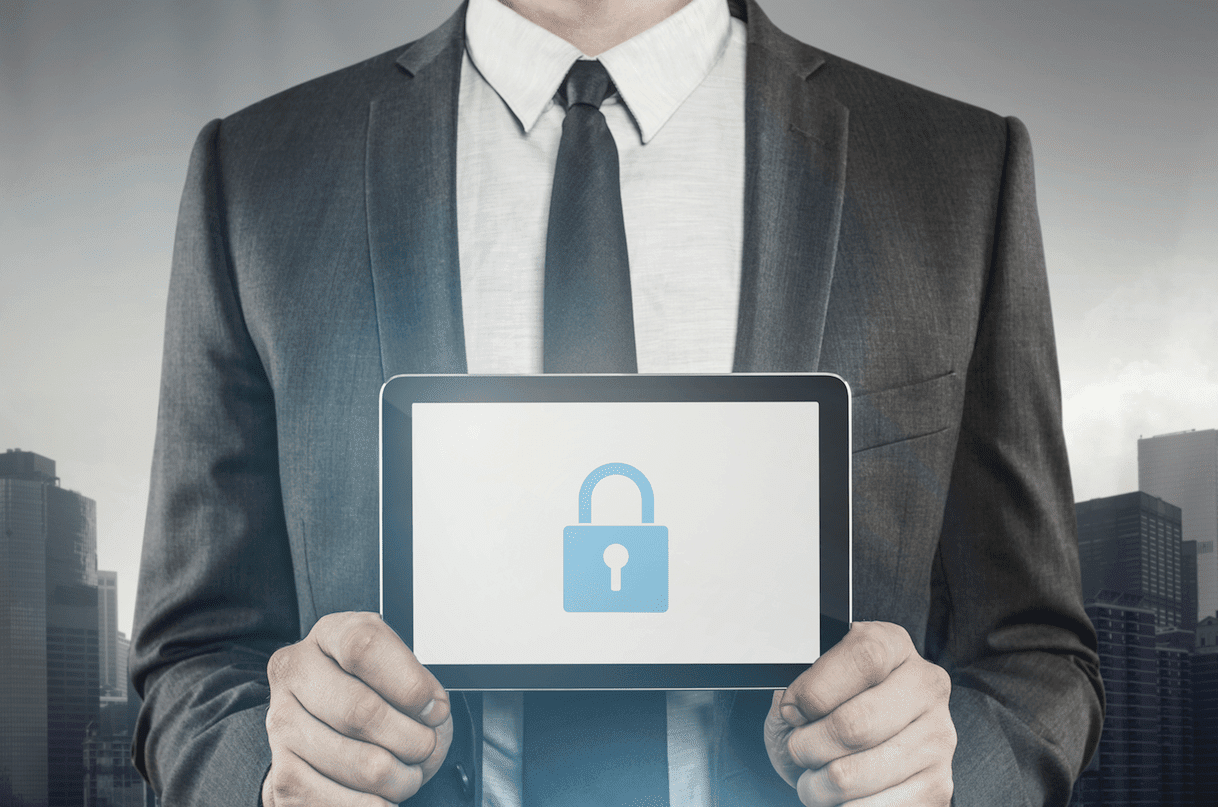
- Beware of attachments and hyperlinks. Hover over the links to see if they are directed to a valid address. If the email contains unusual wording or hyperlinks, don’t open the attachment.
- Be cautious of public wi-fi. Since this web isn’t private, refrain from engaging in financial transactions and logging into bank accounts.
- Protect your phone. Apps make it easy to store valuable information, so be sure to password protect your device. This makes it harder for thieves to access this private data stored on your mobile device.
- Avoid clicking on links that could be spam. Social media, especially Facebook and Twitter are full of fake invitations that download computer viruses as soon as the link is clicked. Offers that sound too good to be true probably are.
- Be aware of e-cards. Some download viruses on your computer when they are downloaded. Only open e-cards from known sites or senders.
- Upgrade your passwords. Long combinations of words, numbers and symbols are the best way to protect yourself. There are also resources on the web that generate random passwords to increase security. Be sure to change passwords frequently and avoid using the same password for multiple accounts.
- Check e-retailers before making purchases. Never wire money or pay in advance for in-person exchanges on Craigslist or other online sites. Some operations collect cash without mailing the products in return.
- Review statements for concerns. Be on the look out for unfamiliar charges on bank or credit card statements. Contact your bank or card provider right away with any problems.
- Monitor your credit score. Look for new credit cards, loans or other transactions that are fraudulent. Contact your card provider to see if they provide your FICO credit score and other information.
- Stay alert. Always monitor bills and statements. Look out for credit cards that are sent to you, even if you didn’t apply for them. Monitor calls for past due bills. Be aware of missing bills or other mail. Look for false information on credit reports including name, Social Security number, address and employers name.
